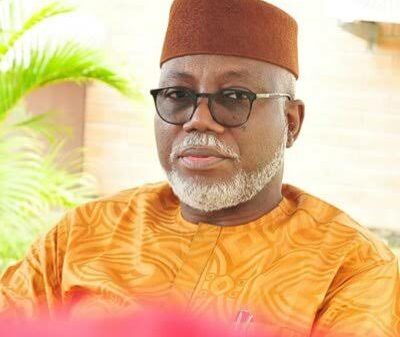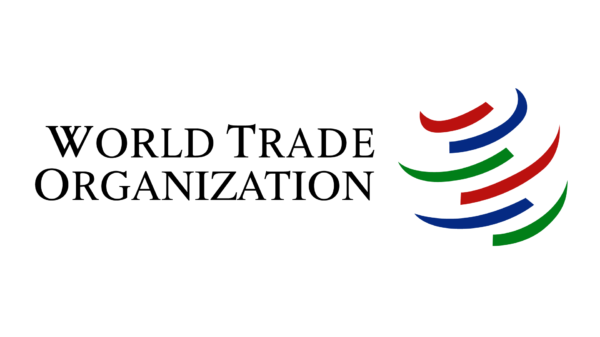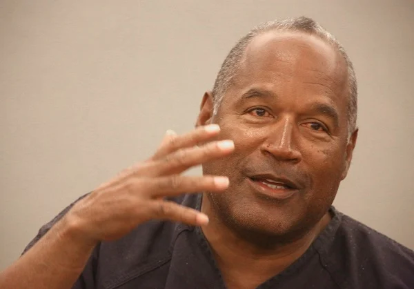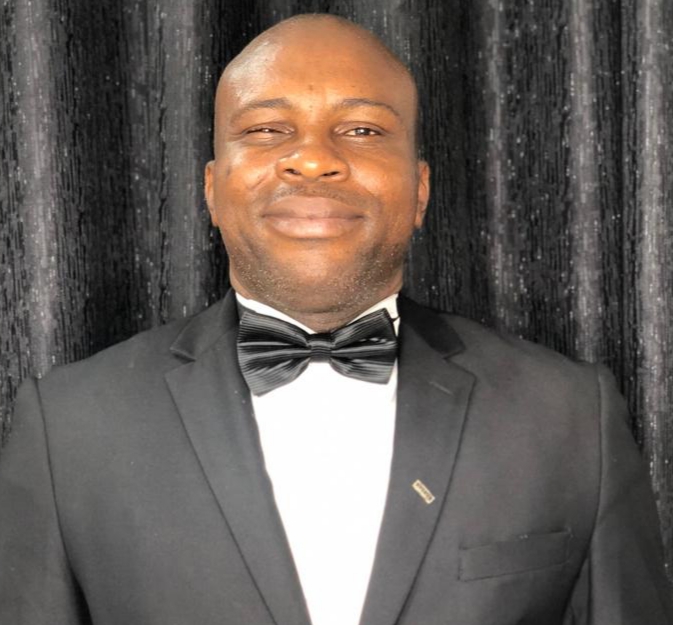INTRODUCTION:
This topic is worth an audacious and ambitious statement of legislative vision. It is very timely given the unprecedented incidence of human rights abuses that have become commonplace and a daily Golgotha experience in our national life. The actualization of the vision to mainstream human rights in our law-making processes would, without a doubt, lead to a renaissance of the sanctity of Human Rights. In the socio-political era of our beloved nation, where Human Rights have been depleted to their lowest ebb ever, a collective legislative revival of these rights as a front-burner issue transacted across the length and breadth of the operations of the National Assembly is a giant step in the right direction. Our aim in this presentation is to make suggestions and recommendations necessary to equip our lawmakers in this lofty venture.
DEFINITIONS OF TERMS:
1. THE IDEA OF HUMAN RIGHTS:
Human Rights (HRs, which are synonymous and used interchangeably with Fundamental Rights – FRs) mean the species of rights which are inherent in every human being, and which are by nature God-given, inalienable, immutable, indivisible and universal to all categories of humans. They are norms that aspire to protect all people everywhere from severe political, legal, and social abuses. They claim rights that impose duties or responsibilities on their addresses or duty bearers. They are plural in character and universal in application, in that one does not have to be a particular kind of person or a member of some specific nation or religion to have human rights. On its deepest possible existential level, the concept of HRs derives from the simple fact that man was/is created in the image of God Almighty. Thus, building on the Natural law theories of Thomas Acquinas and others, libertarian philosophers argued that:
God created all men equal under his Divine authority. The Rulers and the ruled were equal before God and the king had no power to oppress the creatures of the Almighty.
On the nature of fundamental rights, Nigeria’s apex court per Eso J. S. C. in Chief (Mrs.) Olufunmilayo Ransome-Kuti & Ors. v. Attorney-General of the Federation, has this to say:
“But what is the nature of a Fundamental Right? It is a right which stands above the ordinary laws of the land and which in fact is antecedent to the political society itself. It is a primary condition to a civilized existence and what has been done by our Constitution…is to have these rights enshrined…so that the rights could be ‘immutable’ to the extent of the ‘non-immutability’ of the Constitution itself.”
Right from the crown of the global big picture on Human Rights down to the sole of national spheres, human rights, at least in theory, occupy a place of prominence in the ‘comity of rights’. Historically, HRs are embodied in such instruments as the Magna Carta of 1215, Petitions of Rights of 1628 and the Bill of Rights of 1689, etc. At the International level, we have the United Nations Universal Declaration of Human Rights of 1948, the African Charter on Human and Peoples Rights. In our domestic situation, HRs are entrenched in the Constitution of the Federal Republic of Nigeria (as amended) 1999 in Chapter 1V thereof. Statutes and judicial decisions also serve as databases and sources of our human rights juris corpus.
2. LAW MAKING PROCESS:
All over the world, the legislature or the parliament is recognized as the law-making organ of government. In Nigeria and elsewhere for that matter, if a majority of the ordinary citizens are asked the question “what is the job of members of the legislature?” ninety-nine point nine percent of them will answer “they make laws!” This is because traditionally, in most of the world’s constitutional democracies, lawmaking, besides other legislative functions, is the cardinal job description of that arm of government known as the legislature.
The Nigerian Constitution 1999 (as amended), in recognition of the doctrine of separation of powers, makes provision for the legislative organ of government. To be precise, Section 4 of the Constitution provides:
(1) The legislative powers of the Federal Republic of Nigeria shall be vested in a National Assembly for the Federation, which shall consist of a Senate and a House of Representatives.
(2) The National Assembly shall have power to make laws for the peace, order and good government of the Federation or any part thereof with respect to any matter included in the Exclusive Legislative list set out in Part 1 of the Second Schedule to this Constitution.
In general categories, the primary roles of the legislature in Nigeria embrace:
· Making laws pertaining to issues affecting public interest;
· Representing the opinions and interests of citizens and the nation as a whole; and,
· Overseeing government Ministries, Departments
and Agencies.
Law making process in both the upper and lower chambers of the National Assembly is substantially the same in terms of procedure. The law-making process, also known as the Bill process, in a presidential system of government generally requires a long period of deliberation and consideration of many interests and implications of a Bill. A Bill generally passes through four stages, which include three readings before it is passed into law. However, there are certain instances where this procedure is not strictly followed. The lawmaking process generally, involves four main stages, namely:
· Presentation and first reading;
· Second reading;
· Committee stage;
· Third Reading and Passage; and then,
· Assent (President’s Signature).
3. MAINSTREAMING HUMAN RIGHTS
Christopher McCrudden, an erudite professor of Human Rights Law, Oxford University, in respect of human rights, described the notion of mainstreaming human rights in the following terms: “By “mainstreaming”, I mean the reorganization, improvement, development and evaluation of policy processes, so that a human rights perspective is incorporated in all policies at all levels and at all stages, by the actors normally involved in policy-making.”
The idea of mainstreaming human rights in lawmaking entails the inculcation of a human rights culture across the length and breadth of the law-making processes and operations of the legislature generally, the National Assembly to be precise. For our present purpose therefore, mainstreaming human rights in the lawmaking process shall focus on considering ways to incorporate a human rights perspective at all levels and at all stages of the lawmaking processes by all the stakeholders and actors, particularly our legislators.
CERTAIN CRITICAL AND PRACTICAL REALITIES MAINSTREAMING HUMAN RIGHTS IN THE LAW-MAKING PROCESS
A. THE ULTIMATE PURPOSE OF LAW
Lawmakers, in a manner of speaking, deputize for God Almighty, the ultimate lawgiver, in the earth-realm governments. It is a most sacred calling. When the focal point of lawmaking and laws is the promotion of the greatest good of the greatest number of the human community, by upholding those God-bequeathed Human Rights of man, the law is achieving its greatest ends.
B. THE QUINTESSENTIAL LEGISLATOR: THE REQUISITE HEART & WILL TO MAINSTREAM HUMAN RIGHTS.
Before delving into recommendations on the ways to mainstream human rights in the procedural sphere of the operations of the National Assembly, it is paramount to first beam the searchlight on the qualities of the legislators who can pursue the mandate of mainstreaming human rights in the process of lawmaking. It is rather unfortunate that in our time, political officeholders see the opportunity that was given to them through the ballots of the masses as a staircase or lift to climb to the pinnacle of personal aggrandizement and selfish gains. Driven with an unbridled appetite for unjust enrichment, a great number of our lawmakers pay very paltry attention to the real job of lawmaking. This ought not so to be. What then ought to be the heart and will of a quintessential legislator who can effectively push the crusade of mainstreaming human rights in the legislative processes? To mainstream human rights in the law-making process requires a very courageous political will and unwavering commitment. The heart of an ideal legislator is one of passion and compassion for the people who elected him or her to represent their interests and for the generality of the citizens of our nation. It is a selfless sacrificial spirit of servant-leadership.
C. BASIC NECESSITIES OF LIFE AS THE SUBSTRATUM OF HUMAN RIGHTS:
Human Rights is not an abstract idea that hangs or floats around in thin air. They are not a mere theoretical abstraction for academic exercise or a crusade to be championed by just a few human rights crusaders. Human Rights are built upon the substructure of basic human necessities of life and social amenities. What then is Human Rights without adequate food, shelter, security of life and property, healthcare, safe environment, free mass media, gainful employment with adequate living income or provision of opportunities to engage in and thrive in productive ventures and business? In the words of Nelson Mandela: “Overcoming poverty is not a gesture of charity. It is an act of justice. It is the protection of fundamental human rights. Everyone everywhere has the right to live with dignity, free from fear and oppression, free from hunger and thirst, and free to express themselves and associate at will.”
The non-justiciable Chapter 2 of the 1999 Constitution (as amended) on the Fundamental Objectives and Directive Principles of State Policy makes elaborate provisions on the fundamental principles which should always guide our leaders in policy formulation and implementation. But do our leaders actually pay heed to these principles, objectives and policies? It is the duty of the lawmakers as part of their checks and balances functions to mainstream human rights through legislation that is based on these provisions.
Gatekeepers News is not liable for opinions expressed in this article, they’re strictly the writer’s
















































